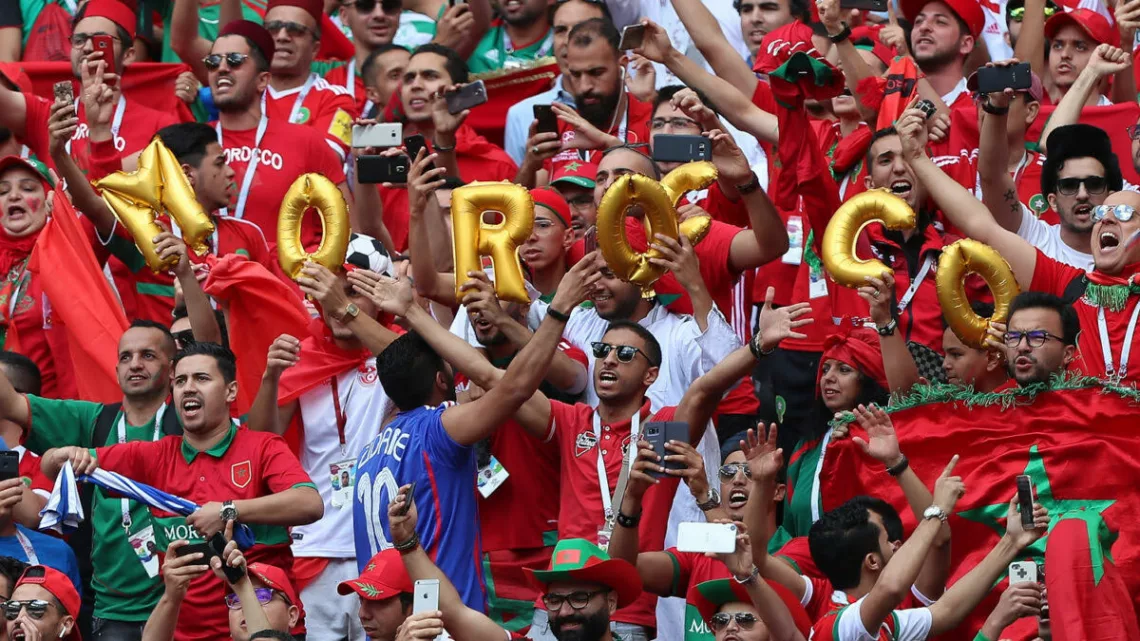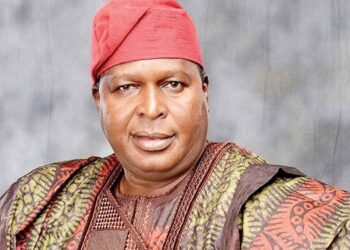The FIFA Council unveiled the hosts for the highly anticipated 2030 World Cup: Morocco, Spain, and Portugal. This landmark decision, made in honour of the tournament’s centenary, also saw Uruguay, Argentina, and Paraguay granted the privilege of hosting three matches in their respective capitals. This marks a historic moment, as the World Cup will be played in six different countries across three continents for the first time!
Morocco, riding high from a successful World Cup campaign in Qatar in 2022, is poised to add another illustrious chapter to its footballing history. Just last year, Morocco made history by becoming the first African nation to reach the semi-finals of a FIFA World Cup. Now, it will proudly join the ranks of African host nations, following South Africa’s hosting in 2010. This unique offering will bring 48 teams playing through 104 matches to the rarefied pursuit of the World Cup trophy.
Morocco’s journey to securing this honour was no small feat, having previously bid for the World Cup on five occasions – in 1994, 1998, 2006, 2010, and more recently for the 2026 edition, where they narrowly missed out to the joint US, Canadian, and Mexican bid.
For Morocco, this announcement serves as a beacon of hope and rejuvenation, especially considering the country’s resilience in the face of recent adversity. The memory of a devastating magnitude 7 earthquake, which claimed the lives of over 2000 people, still lingers. However, the news of hosting the World Cup brings a sense of optimism and pride to a nation that has long harbored aspirations of hosting major sporting events.
In addition to this momentous occasion, the Confederation of African Football has also extended its support by granting Morocco the rights to host the Africa Cup of Nations in 2025. This opportunity arose after the initial host, Guinea, faced challenges related to security and infrastructure.
Before the seismic events of September 2023, Morocco boasted a commendable infrastructure landscape, positioning itself favourably among its global peers. The nation featured six stadiums, each with a substantial capacity ranging from 45,000 to 65,000 spectators, alongside an additional nine venues capable of accommodating over 10,000 enthusiastic fans. Moreover, Morocco’s robust transportation network encompasses 18 international standard airports with 16 of them facilitating international travel, thus ensuring seamless connectivity across Europe, the Middle East, and parts of Asia.
In recognition of its infrastructure capabilities, Morocco held the 53rd spot in the World Economic Forum’s rankings for infrastructure availability and capability.
Beyond its infrastructure prowess, Morocco boasts a rich footballing history that resonates globally. The country’s journey on the world stage began in 1970 when it participated in the FIFA World Cup held in Mexico, registering a draw in one match while succumbing in two others. The apex of Moroccan football came in 1986 when the Morocco national football team, called the Atlas Lions, achieved a historic feat by topping their group, a formidable one featuring England, Portugal, and Poland. Although they were eventually eliminated in the second round by the tournament’s finalists, West Germany, this accomplishment remains a cherished memory.
After an 18-year hiatus from the World Cup, Morocco returned to the grand stage in 2018, competing in Russia. Despite a challenging group comprising Spain, Portugal, and Iran, the Atlas Lions displayed resilience, drawing one match and losing two in the group stages.
Building on the momentum gained, Morocco’s national team continued its ascent in the footballing world. In the subsequent tournament, they were grouped with Croatia, Canada, and Belgium. Remarkably, Morocco emerged as group leaders, setting the stage for an unforgettable journey that would culminate in a semi-final appearance, with France ultimately emerging as victors.
Morocco’s footballing prowess, combined with its infrastructure capabilities, sets the stage for an exciting and promising era in global football, despite the challenges posed by the recent earthquake.
Looking at the 2030 World Cup bid, there is growing concern about the logistical and travel nightmare of teams flying up to 6,000 miles over the coarse of the tournament. Former Mexican team manager, Javier Aguirre expressed his dismay of the amount saying, the thought of hosting in two countries is already a strain.
Other concerns are on the environmental and sustainability goals, looking at the carbon footprint of a higher than normal number of flights on the three continents and related activity. Environmentalists blasted FIFA, with Freddie Daley, a facilitator at the Cool Down Network saying it was, “totally detached from reality.” In an interview with the English media outlet Mirror Football, Daley said.
Former Paraguayan national team goalkeeper José Luis Chilavert was against the decision to hold the World Cup outside of South America, calling it a “total failure.” He believes that Uruguay – a country with a rich football history and which hosted the first World Cup – should be have been given the honors to stage the 2030 one.





